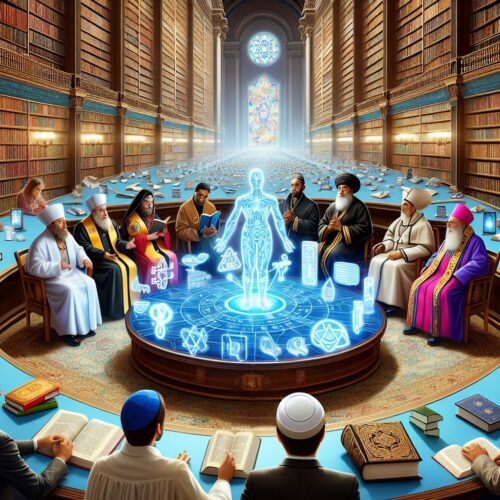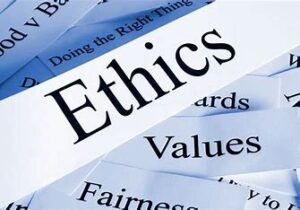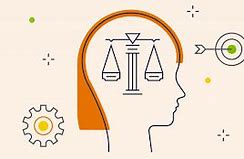In today’s digital age, technology has become an integral part of our lives, shaping the way we communicate, work, and even perceive the world around us. However, as we embrace the benefits of technological advancements, we must also consider the ethical implications that come with it. When examining the intersection of technology, monotheistic beliefs, and politics, we delve into a complex web of moral dilemmas and societal impacts.
Ethical Considerations in Technological Development
The development and implementation of technology often raise ethical concerns, such as privacy invasion, data security, and the potential for misuse. In the context of monotheistic beliefs, where concepts of accountability, justice, and compassion are central, the ethical dimension of technology becomes even more pronounced. For instance, how do we uphold principles of honesty and integrity in a world where misinformation and fake news proliferate online? Can we ensure fair and just outcomes in algorithmic decision-making processes that may perpetuate bias and discrimination?
Monotheism, Politics, and Technology
When monotheistic beliefs intersect with politics, the ethical dilemmas surrounding technology can be further complicated. Monotheistic religions often emphasize principles of human dignity, social justice, and the common good, which should ideally inform political decision-making processes. However, in a world where technological innovations are rapidly transforming the political landscape, questions arise about the alignment of technological developments with ethical values rooted in monotheistic beliefs.
Striking a Balance
As we navigate the complex terrain of ethics, technology, monotheism, and politics, it becomes evident that a delicate balance must be struck. While technological advancements offer tremendous opportunities for progress and innovation, they also pose significant risks and challenges that cannot be ignored. By drawing upon the ethical principles espoused in monotheistic beliefs, such as the sanctity of life, stewardship of the environment, and respect for human dignity, we can strive to create a more ethical framework for the development and use of technology in political and societal contexts.
Conclusion: Towards a Ethical Technological Future
In conclusion, the intertwining of monotheistic beliefs, politics, and technology presents a myriad of ethical considerations that demand thoughtful reflection and informed decision-making. By engaging in dialogue that promotes ethical awareness, critical thinking, and moral responsibility, we can navigate the complexities of our technological world with wisdom and compassion. As we move forward, let us aspire to harness the power of technology in service of higher ethical values, guided by the timeless principles of monotheistic beliefs that advocate for justice, compassion, and righteousness in all our endeavors.



 Monotheistic beliefs, such as those found in Judaism, Christianity, and Islam, have historically played a significant role in shaping societal norms and values. These religious doctrines often provide a moral compass for their followers, outlining guidelines on what is considered right and wrong. When brought into the realm of technology, the ethical implications become even more complex.
Monotheistic beliefs, such as those found in Judaism, Christianity, and Islam, have historically played a significant role in shaping societal norms and values. These religious doctrines often provide a moral compass for their followers, outlining guidelines on what is considered right and wrong. When brought into the realm of technology, the ethical implications become even more complex.

 The Dilemma of Technological Progress
The Dilemma of Technological Progress